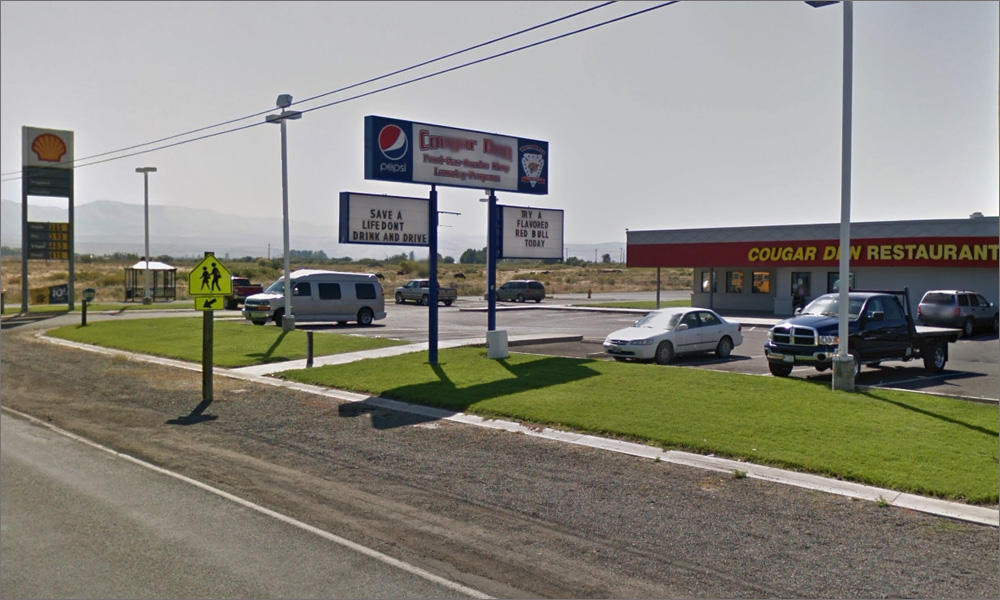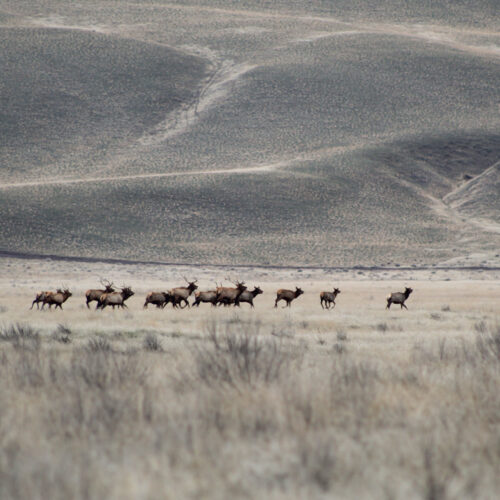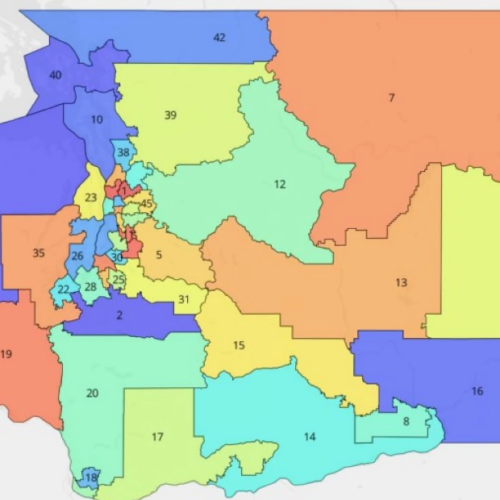
U.S. Supreme Court Rules In Favor Of Yakama Nation Treaty Rights In Gas Tax Case
Read On
A legal case involving the Yakama Nation and Washington state taxes that started in 2013 came to an end Tuesday with a U.S. Supreme Court decision.
In a 5-4 ruling, the court decided in favor of tribal treaty rights in a case between the Washington Department of Licensing and Cougar Den, a gas station in White Swan on the Yakama Reservation.
#SCOTUS holds in Washington State Dept of Licensing v. Cougar Den that tribal-owned company is exempt from taxes on gas imported into state on public highways
— SCOTUSblog (@SCOTUSblog) March 19, 2019
The ruling is in line with what two lower courts previously decided. The case hinged on interpreting a special “right to travel” clause in the Yakama Treaty of 1855. A similar clause is found in only two other treaties: the Confederated Salish and Kootenai Tribes in Montana and the Nez Perce Tribe in Idaho.
The justices interpreted the Yakama’s right to travel clause to mean Cougar Den is free to move its fuel in and out of the reservation, without the burden of a tax.
Dylan Hedden Nicely, an Indian law professor at the University of Idaho and a member of the Cherokee Nation of Oklahoma, called the case “ … a reaffirmation that these particular tribes can continue to develop their own reservation economies. And make use of the treaties that their ancestors bargained so hard for, and frankly gave so much up for in exchange.”
Previously, the state Department of Licensing held that the Cougar Den owed $3.6 million in unpaid fees and taxes.
In a press release, Yakama Nation Chairman JoDe Goudy praised the decision.
New from Yakama Nation Chairman JoDe Goudy on treaty rights victory at US Supreme Court: “Yakamas’ conducted trade and commerce long before the formation of the United States, let alone the Washington state’s existence.” #HonorTheTreaties pic.twitter.com/b3herZyx3O
— indianz.com (@indianz) March 19, 2019
“Today marks a decision that reinforces the Yakama way of life, both in historical context as well as modern interpretation,” he said. “‘Yakamas conducted trade and commerce long before the formation of the United States, let alone the Washington state’s existence.’’
In an email, the Washington Department of Licensing said it “honors and respects today’s decision.”
UPDATE: This story has been updated to include a response from the Washington DOL.
Related Stories:

Washington council approves wind farm near the Tri-Cities, slashing turbine numbers
A controversial wind farm that was set to be the largest in Washington has been slashed nearly in half. (Credit: John McIntyre / Flickr Creative Commons) Listen (Runtime 1:06) Read

A return after seven decades: Inside the Yakama Nation’s elk hunt on the Hanford Reach
A group of elk runs from Yakama Nation hunters on the Hanford Reach National Monument in December 2023. (Credit: Star Diavolikis / Yakama Nation) Listen (Runtime 3:50) Read A video

Juez aprueba nuevos mapas de distritos legislativos de WA
Un juez federal determinó que este, con algunas adecuaciones, será el nuevo mapa de distritos legislativos de Washington. (Crédito: Imagen tomada de documentos judiciales). LEA Por: Jeanie Lindsey, Northwest News















